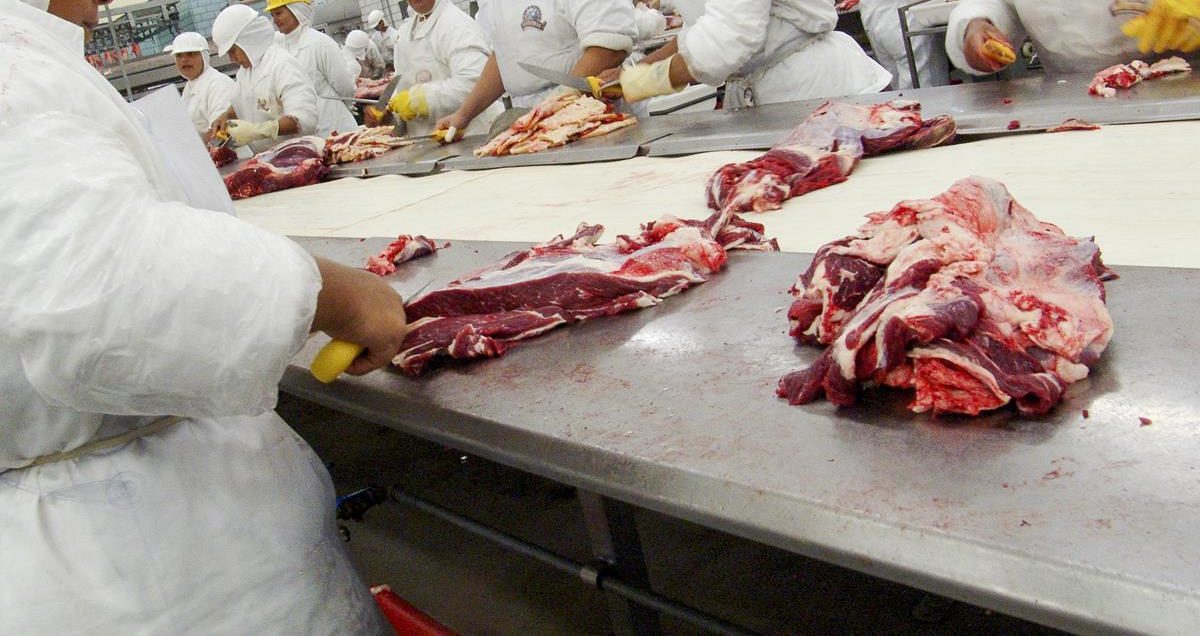SIPTU representatives have called on the government to reconsider its opposition to a bill which, if enacted, would provide migrant workers with “increased rights, including language training and improved sick leave provision”.
The Employment Permits (Miscellaneous Provisions) Bill 2021 was proposed by Solidarity-People Before Profit for its second reading in the Dáil last week.
SIPTU Manufacturing Division organiser, Greg Ennis, said: “The government has failed to introduce adequate statutory occupational sick pay provision, as recommended in the final report of the Oireachtas Special Committee on Covid-19 Response in October 2020.
“It also made clear that it would be opposing the Employment Permits [Miscellaneous Provisions] Bill 2021.
“This bill, if enacted, would provide for mandatory language training, 70% of salary for four weeks if a worker is forced to take sick leave and six months if they suffer an occupational injury, along with several other necessary improvements in the rights of migrant workers.
“SIPTU members view this bill as a significant step in the right direction to protect migrant workers and our essential food supply as we learn to co-exist with Covid-19.
“It is now time for all TDs who ‘talk the talk’ about the essential work of food processing workers to ‘walk the walk’ and act positively to support this bill.”
‘A worker is a worker’
He added: “The existing work permit system is strongly tilted in favour of employers and this has led to the gross exploitation of migrant workers over many years in Ireland.
“It has resulted in many living in cramped, ill-equipped and unsafe living conditions. While working, many must also endure poor health and safety provision, shameful terms and conditions of employment and increased risks of Covid-19 infection. In addition, for many, sick pay and pension provision is non-existent.
“A worker is a worker, irrespective of their place of birth; they should be treated with dignity and respect and in a way which recognises the importance of their role in a modern, forward-looking Ireland.”
Representing the government, Minister of State at the Department of Enterprise, Trade and Employment Damien English, said that the government intends to oppose it at the scheduled vote on the bill this week.
Plight of migrant workers
Deputy Richard Boyd Barrett said that this bill is “about trying to learn one of the lessons of the Covid-19 pandemic and protecting a particularly vulnerable group of workers whose plight was highlighted in the midst of the pandemic”.
“The most important provision of this bill is, crucially, to ensure an employer pays for a sick pay scheme for workers on general employment permits so that if they become ill, they will receive 70% of the pay they would have got for four weeks, if it is personal illness or injury, or six months if it is work-related.
“It is obviously important for the health of the workers that they are not forced to go to work while sick out of fear of financial loss or retribution by an employer who might be unhappy if they choose to stay off sick.
“However, as we learned during the pandemic, it was critically important to address the plight of these workers to reduce the level of transmission of Covid-19.
“In other words, if they were treated badly, there was a serious impact on the public health situation in the towns, villages and areas around where those plants were based.”
Food supply chain
The deputy said that of additional importance was the “potential impacts” on the food supply chain of this country.
“If 70% of the people who help process meat and pick fruit and vegetables to stock the shelves in the shops of this country to feed people were vulnerable and could be sick, this could have potentially endangered the food supply chain for the whole country,” he continued.
“Addressing this is also good for workers generally. There is not a proper statutory sick pay scheme for all workers in this country. Many workers in the private sector do not have that and we need that as well.”
He added that the government should support this bill, and that “we owe an ongoing debt to these vulnerable workers for the role they play in producing the food the people of this country need”.
“There is a history of them being mistreated. We have seen starkly that, if they do not have a right to sick pay and protections as employees, it can be very bad not just for them, but for our entire society.
“Considering that the food we eat is one of the most basic things we need to sustain our society, it says something that pretty much everyone along the food chain, whether they are Irish, small farmers, migrant workers or the people who work in the shops, is pretty poorly paid.”
